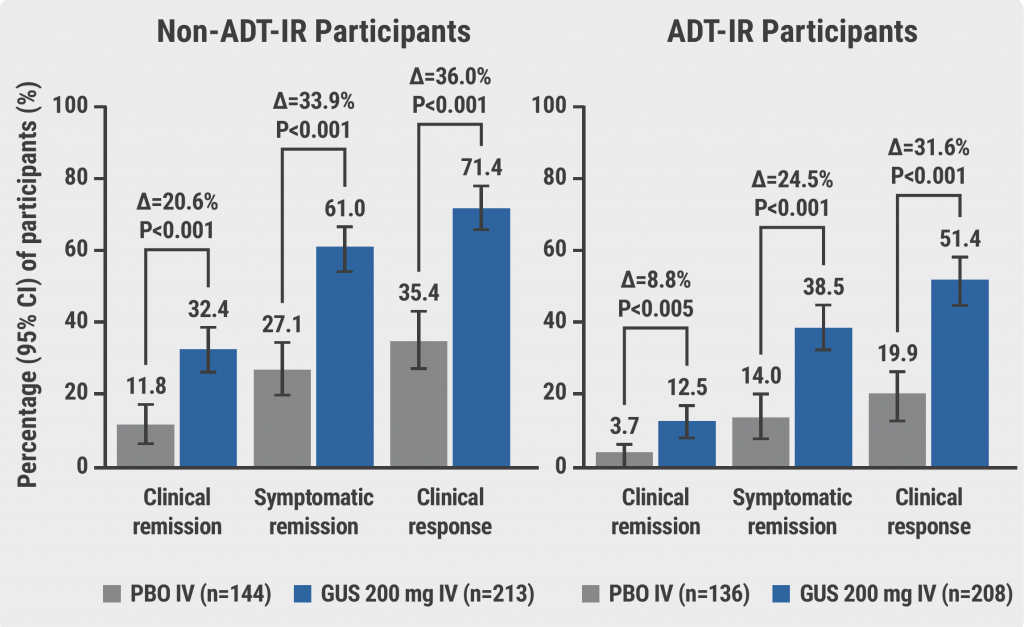https://doi.org/10.55788/fcb45690
Dr Yuan Tian (Peking University First Hospital, China) presented the results of a prospective, multicentre, self-controlled clinical trial conducted between October 2022 and May 2023 [1]. The study enrolled 180 participants aged between 18 and 75 years with upper GI diseases. It evaluated the sensitivity, specificity, positive predictive value (PPV), and negative predictive value (NPV) of CT-MCCE in detecting focal lesions within the oesophagus, stomach, and duodenal bulb, using conventional gastroscopy as the reference.
In the per-protocol analysis, CT-MCCE demonstrated high sensitivity (97.2%) and specificity (100.0%) for detecting oesophageal lesions, with a PPV of 100%, an NPV of 98.2%, and overall accuracy of 98.9%. For gastric focal lesions, CT-MCCE showed a sensitivity of 96.8%, specificity of 98.8%, PPV of 98.9%, NPV of 96.6%, and accuracy of 97.8%. The full analysis set confirmed the high sensitivity and specificity for detecting upper GI lesions.
CT-MCCE successfully identified 1 advanced gastric carcinoma, 1 oesophageal cancer, and 2 early-stage oesophageal tumours, without missing any significant lesions like tumours or large ulcers. CT-MCCE also caused significantly less discomfort than oesophagogastroduodenoscopy (P<0.001). No adverse events were reported among the 180 participants throughout the study period.
“CT-MCCE matches the effectiveness of oesophagogastroduodenoscopy in upper GI examinations and lesion detection, with enhanced patient comfort and no adverse effects Therefore, this innovative CT-MCCE system may be an effective tool for upper GI evaluations,” Dr Tian concluded.
- Tian Y, et al. Prospective, multicenter, self-controlled clinical trial on the effectiveness and safety of a novel cable-transmission magnetically controlled capsule endoscope system for the examination of upper gastrointestinal diseases. 1057f, DDW 2024, 18–21 May, Washington DC, USA.
Copyright ©2024 Medicom Medical Publishers
Posted on
Previous Article
« Superior OS with atezolizumab plus bevacizumab versus lenvatinib in unresectable HCC Next Article
PREEMPT CRC: Blood-based screening test for colorectal cancer shows promise »
« Superior OS with atezolizumab plus bevacizumab versus lenvatinib in unresectable HCC Next Article
PREEMPT CRC: Blood-based screening test for colorectal cancer shows promise »
Table of Contents: DDW 2024
Featured articles
PREEMPT CRC: Blood-based screening test for colorectal cancer shows promise
Eosinophilic Oesophagitis Treatments and Outcomes
Mepolizumab improves the histologic severity of eosinophilic oesophagitis
Budesonide demonstrates efficacy in eosinophilic oesophagitis
Dupilumab shows promising results in treating paediatric eosinophilic oesophagitis
Quality-of-life assessment in children with eosinophilic oesophagitis
Gut-Brain Axis and Neurological Disorders
Gut permeability and neuroinflammation linked in Parkinson’s disease
Cardiovascular and Metabolic Health Innovations
Promising data for cardiovascular outcomes of bariatric surgery in patients with obesity
Inflammatory Bowel Disease Therapies
GALAXI 2 & 3: Guselkumab proves efficacy in Crohn’s disease
QUASAR maintenance study: Guselkumab effective and safe for UC
VEDOKIDS: Vedolizumab maintains remission in patients with paediatric IBD
ADMIRE-CD II: Darvadstrocel does not meet primary endpoint in complex Crohn’s perianal fistulas
Advances in Endoscopy and Screening Techniques
PREEMPT CRC: Blood-based screening test for colorectal cancer shows promise
New cable-transmission capsule endoscopy shows high accuracy in detecting upper GI lesions
Liver and Biliary Tract Diseases Updates
Superior OS with atezolizumab plus bevacizumab versus lenvatinib in unresectable HCC
Nutritional consultation boosts nutritional status in patients with alcohol-associated hepatitis
REGENERATE study: Obeticholic acid shows antifibrotic benefit in NASH
Acalculous cholecystitis as a risk factor for gallbladder perforation: insights from a 10-year retrospective study
Other Gastrointestinal Diseases
STARS: Apraglutide shows efficacy in short bowel syndrome with intestinal failure
COX-2 inhibitors show promise in reducing severity of acute pancreatitis
Hormone-containing therapies may increase the risk of IBS and functional dyspepsia
Related Articles

November 26, 2021
A pragmatic guide to the updated IBS guidelines

© 2024 Medicom Medical Publishers. All rights reserved. Terms and Conditions | Privacy Policy
HEAD OFFICE
Laarderhoogtweg 25
1101 EB Amsterdam
The Netherlands
T: +31 85 4012 560
E: publishers@medicom-publishers.com

